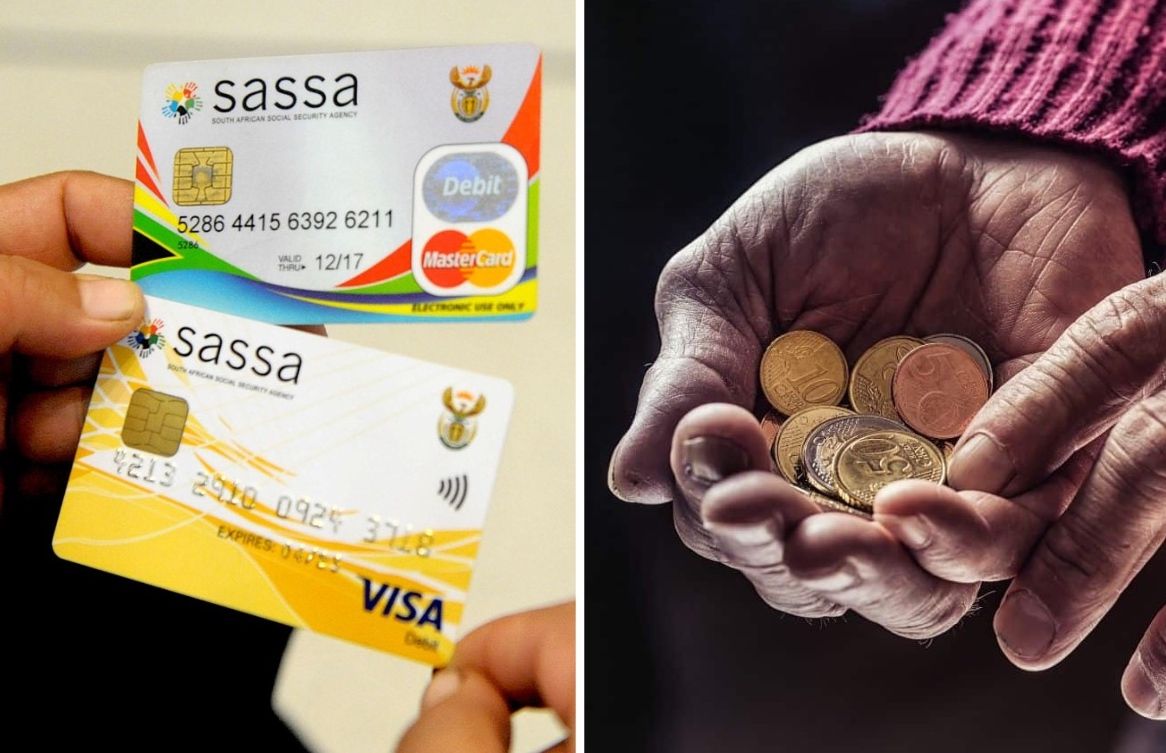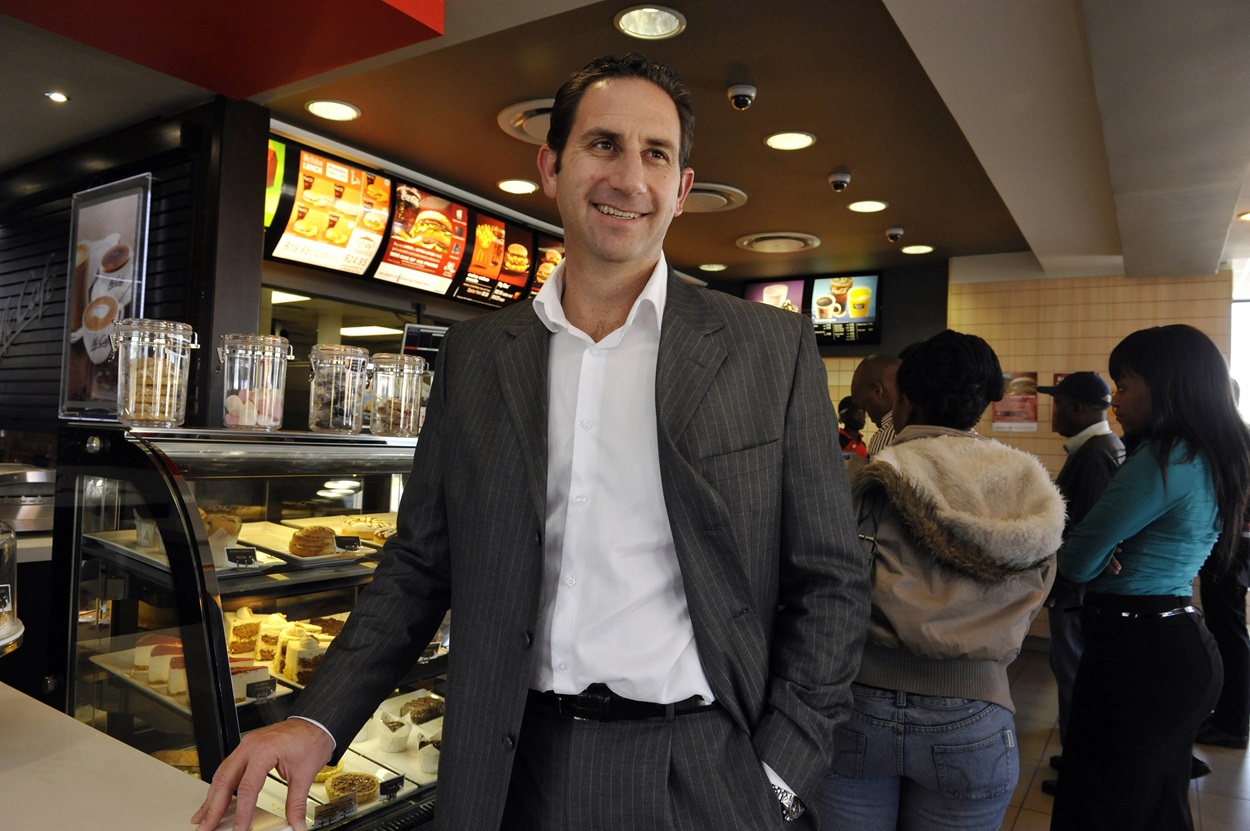Have you ever wondered why you get anxious about having money in the future or those small panic attacks you get before your payday?
Experts at the Metropolitan We Start 2025 Stronger Round Table said this could be because of money’s relationship with emotions.
There are different things that money can buy that are tied to a person’s emotions.
Money has the ability to provide you with the necessities that can make your life easier and stress-free.
The roundtable was held on Tuesday in Johannesburg to explore the connection between psychology and money, including how emotions influence financial decisions.
Awareness of not having money
Dr Tshepiso Matentjie, a clinical psychologist, told The Citizen that most people get anxious before payday because they have become aware they will not have enough money to cover their expenses.
Now the person has realised that once that money goes, they will have to repeat another cycle of not having enough money.
“We can not ignore the fact that the economy is bad. Therefore, most people get anxious because they know they do not have a backup plan or anyone else to run to; their salary is the only plan they have to survive.”
ALSO READ: Want more money? Here are the personality traits that influence money habits
How to address being anxious about money
She said there is only one way to address anxiety about money: by addressing the core problem, which is how and why you overspend.
Even if one gets a salary increase, they will still manage to find a way to overspend, as the problem is not the money one gets paid but the manner in which one handles the money.
“I can tell you to do breathing exercises when you get anxious. I can give you other coping mechanisms, but these will act as a bandaid because we will not deal with the core issue.”
Financial trauma
Matentjie added that sometimes people experience financial trauma.
This is when an individual has spent months without getting money, and then the moment they start getting money, they overspend because they believe they will soon be without money again. Therefore, it is better to spend it all and enjoy “living in the moment”.
“These are the type of people who would swear that when they get money, they will be a better person. However, as soon as the money reflects, they start going back to old habits and saying they only live once.”
Financial trauma makes you believe that even if things get better, you start to think that things will go back to how they previously were either way, so you do not see a need to change your actions.
ALSO READ: How to build habits that will help you achieve financial stability
Saving at a young age
Mapalo Makhu, a personal finance expert, told The Citizen that it is much better to teach children how to save from a young age so they do not become anxious about managing their finances when they are older.
“What I do with my son is, when we go shopping, I give him a certain amount of money and tell him he can buy whatever he wants, but it must be within that budget, and if he gets change from that, he gets to keep it.
“What this is teaching him is how to manage money and the value for money. Now he knows how expensive some things are and he cannot have them regularly.”
Inheriting saving habits
She added that her son still has a piggy bank where he puts money away, but there are strict rules about when he can use the money he has saved.
Makhu said it is important for parents to lead by example when teaching children lessons.
“Your children must know that the piggy bank will be touched at a certain time, and parents must also follow those rules.
“Not now because you didn’t budget correctly this month. Now you want to take money away from the bank to buy bread.”
Saving also teaches children commitment and discipline, which they can implement in other areas of life.
NOW READ: How habits can help you achieve your 2025 financial goals














